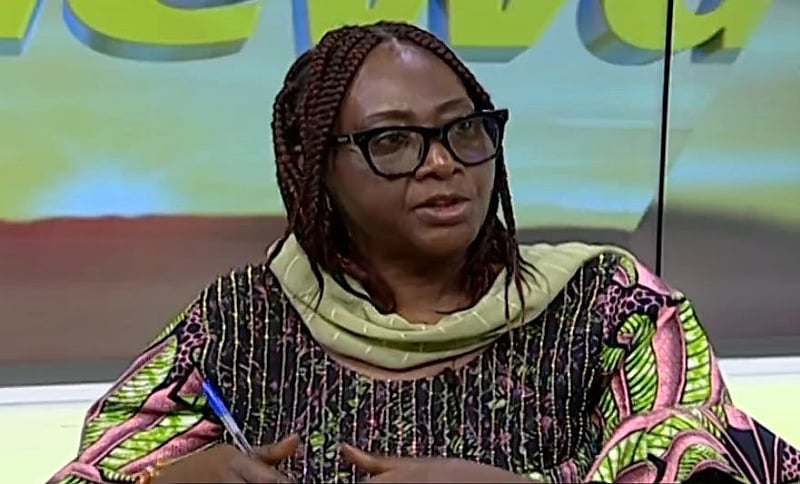The disputed parliamentary election in Ablekuma North has sparked calls for a comprehensive re-run across the entire constituency rather than the limited re-polling planned by the Electoral Commission (EC). Public Interest Advocate, Rodaline Imoru Ayarna, argues that restricting the re-run to only 19 polling stations will not adequately address the underlying issues and may further fuel contention. She suggests that a full constituency-wide re-election would provide a more conclusive outcome and quell any lingering doubts about the legitimacy of the results. Ayarna’s concern stems from allegations that the 19 selected polling stations are strongholds of the National Democratic Congress (NDC), raising suspicions of bias and potentially undermining the fairness of the process. A comprehensive re-run, she posits, would offer a more level playing field and ensure that the ultimate victor enjoys broad-based acceptance, effectively eliminating accusations of manipulation or unfair advantage.
Ayarna underscores the importance of a fair and transparent electoral process by drawing parallels with the SALL constituency, which faced a protracted period without representation following electoral disputes. She warns that failure to effectively resolve the Ablekuma North impasse could lead to a similar scenario, leaving the constituency without a parliamentary representative for the entire four-year term. This, she emphasizes, would be particularly detrimental given Ablekuma North’s central location within the capital city. The constituency’s residents would be deprived of effective representation in Parliament, impacting their ability to voice their concerns and contribute to national policy discussions. Moreover, such a prolonged absence of representation could create a sense of political disenfranchisement and foster resentment among the electorate.
The ongoing dispute centers on the July 11 partial polls, the results of which have been challenged. While details of the specific irregularities that prompted the call for a re-run have not been fully disclosed, the situation highlights the fragility of the electoral process and the potential for even minor procedural flaws to undermine public confidence. Ayarna’s call for a complete re-run reflects a broader concern about the integrity and transparency of the electoral system and the need for mechanisms to ensure that election outcomes accurately reflect the will of the people. The EC’s decision to limit the re-run to only 19 polling stations raises questions about the thoroughness of their investigation and their commitment to addressing the root causes of the electoral dispute.
The selective re-run strategy chosen by the EC could inadvertently reinforce perceptions of bias and further polarize the political landscape. If the re-run only covers areas perceived to favor a particular party, the outcome, even if technically correct, may not be seen as legitimate by the wider constituency. This could lead to continued disputes and legal challenges, prolonging the uncertainty and hindering the smooth functioning of democratic processes. Furthermore, a partial re-run risks creating two tiers of voters: those whose votes are being reconsidered and those whose votes are deemed valid, potentially creating a sense of inequity and further eroding trust in the electoral system.
Ayarna advocates for a more holistic approach that prioritizes the long-term stability and legitimacy of the electoral process. By conducting a full constituency re-run, the EC would demonstrate its commitment to fairness and transparency, reducing grounds for future disputes. While a full re-run may be more resource intensive and time-consuming, the potential benefits in terms of increased public confidence and the avoidance of protracted legal battles outweigh the short-term costs. A comprehensive re-run would provide a clean slate, allowing for a more definitive outcome that is less susceptible to challenges and more readily accepted by all stakeholders.
The Ablekuma North case underscores the importance of robust electoral mechanisms that prevent disputes and ensure that election outcomes accurately reflect the will of the constituents. The current situation provides an opportunity for the EC to review its procedures and implement reforms to enhance the transparency and integrity of the electoral process. Investing in voter education, ensuring robust polling station management, and establishing clear procedures for addressing electoral complaints are crucial for strengthening the democratic process and preventing similar disputes in the future. Ayarna’s call for a full re-run serves as a reminder of the crucial role that public trust plays in the legitimacy of democratic institutions. Addressing the root causes of electoral disputes and demonstrating a commitment to fairness and transparency are essential for upholding the principles of democratic governance and ensuring the stability and effectiveness of the electoral system.


